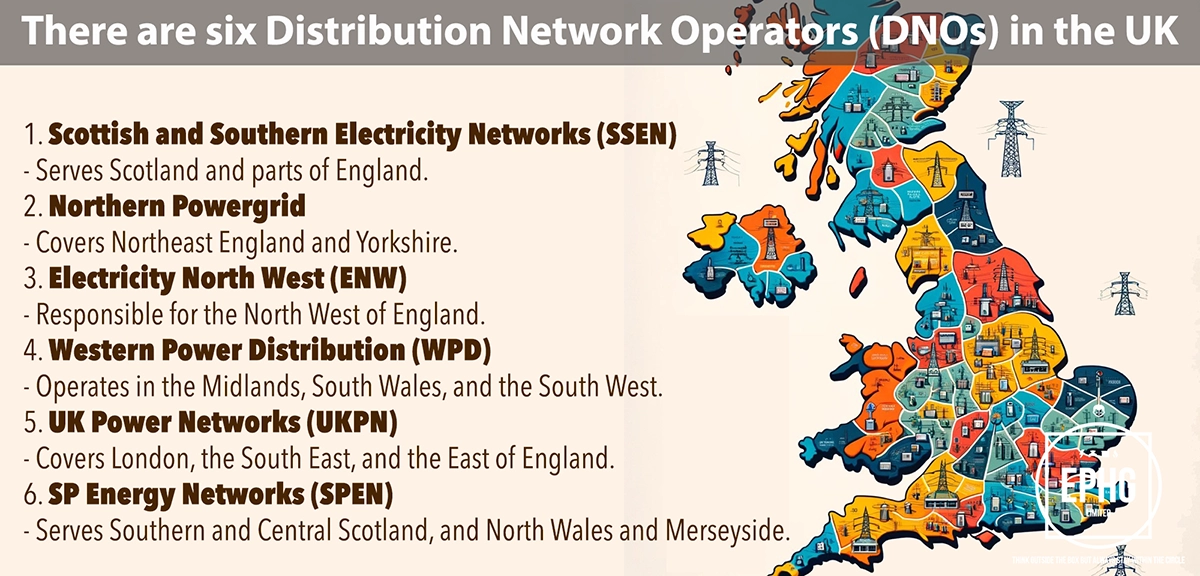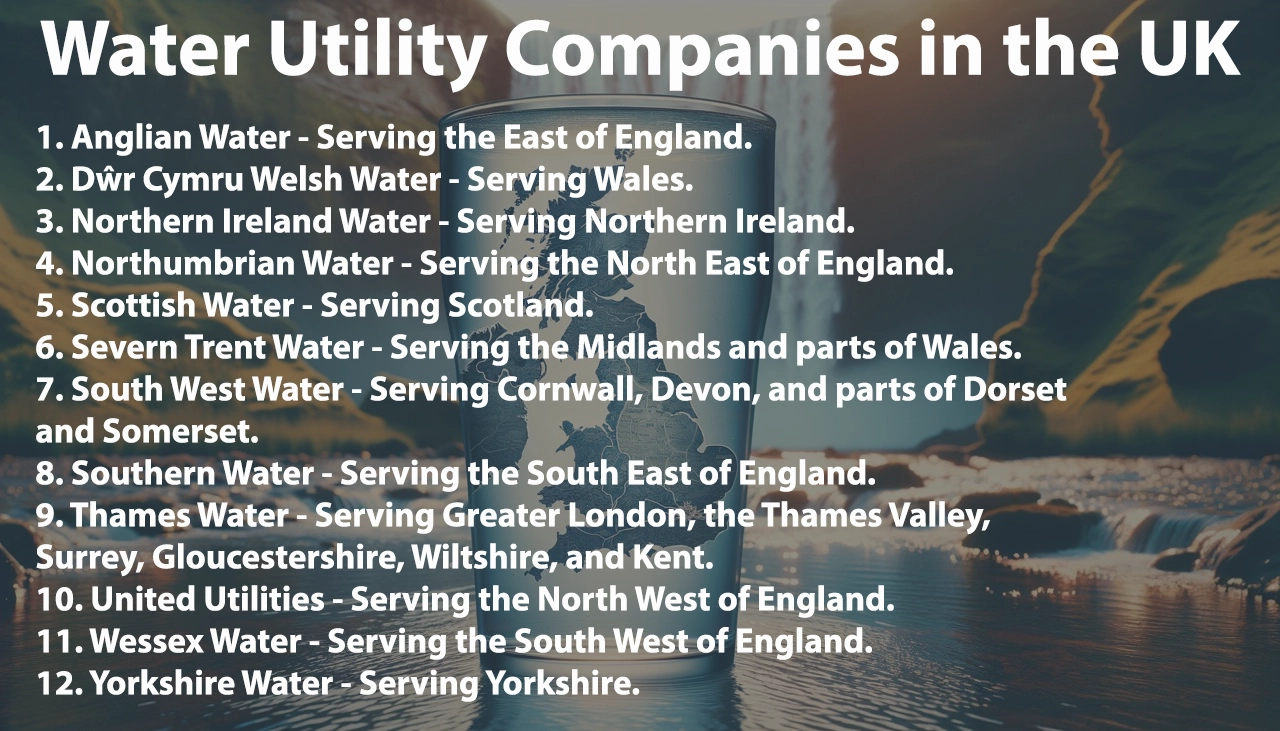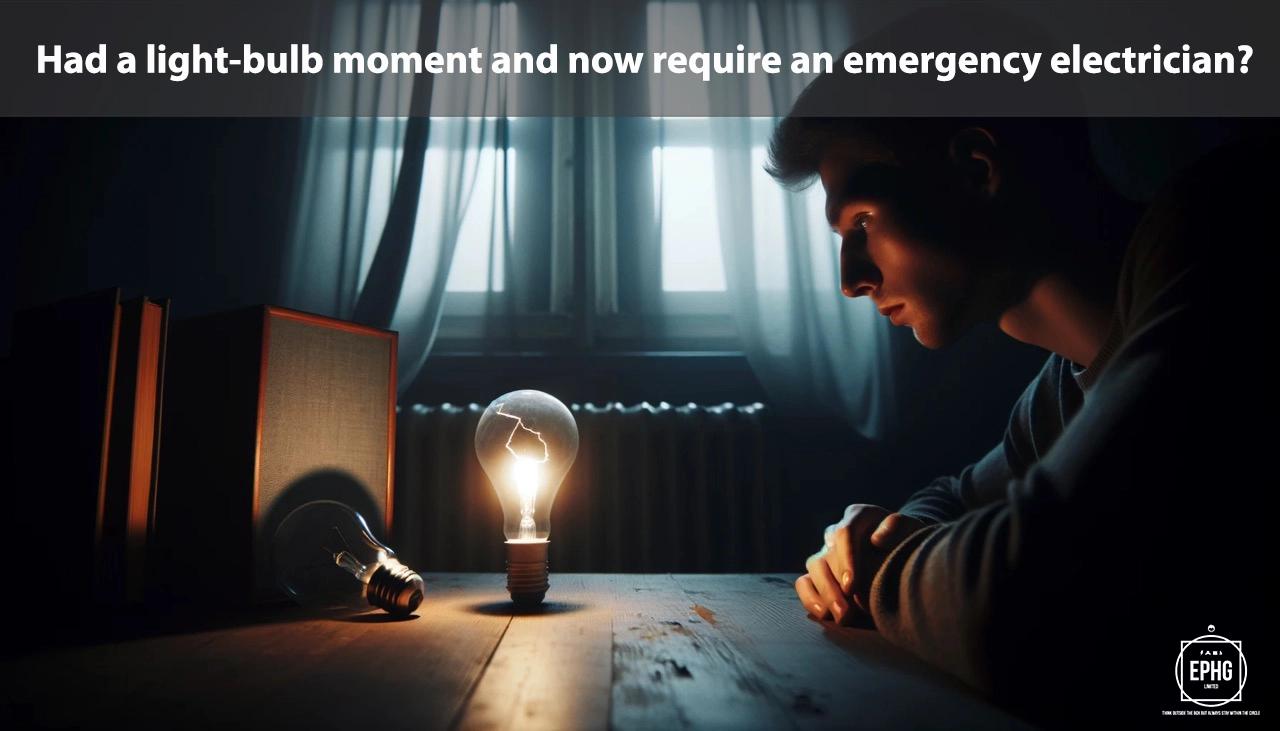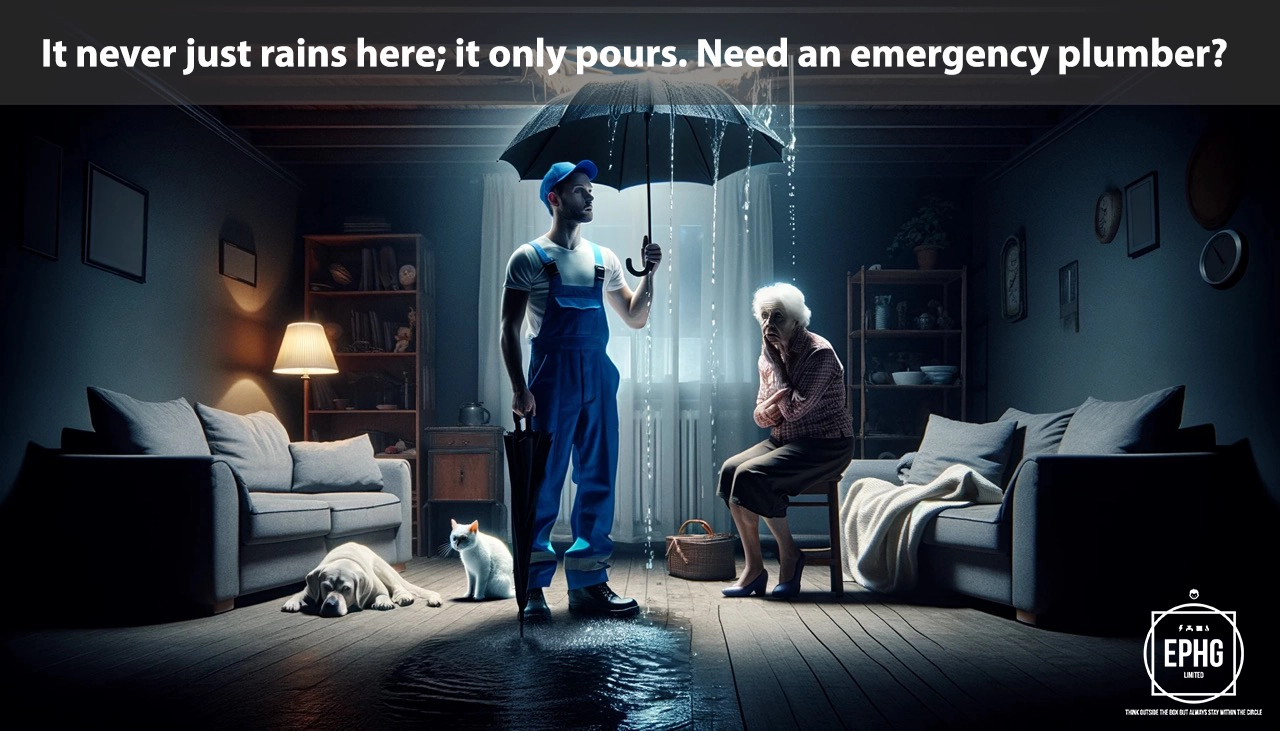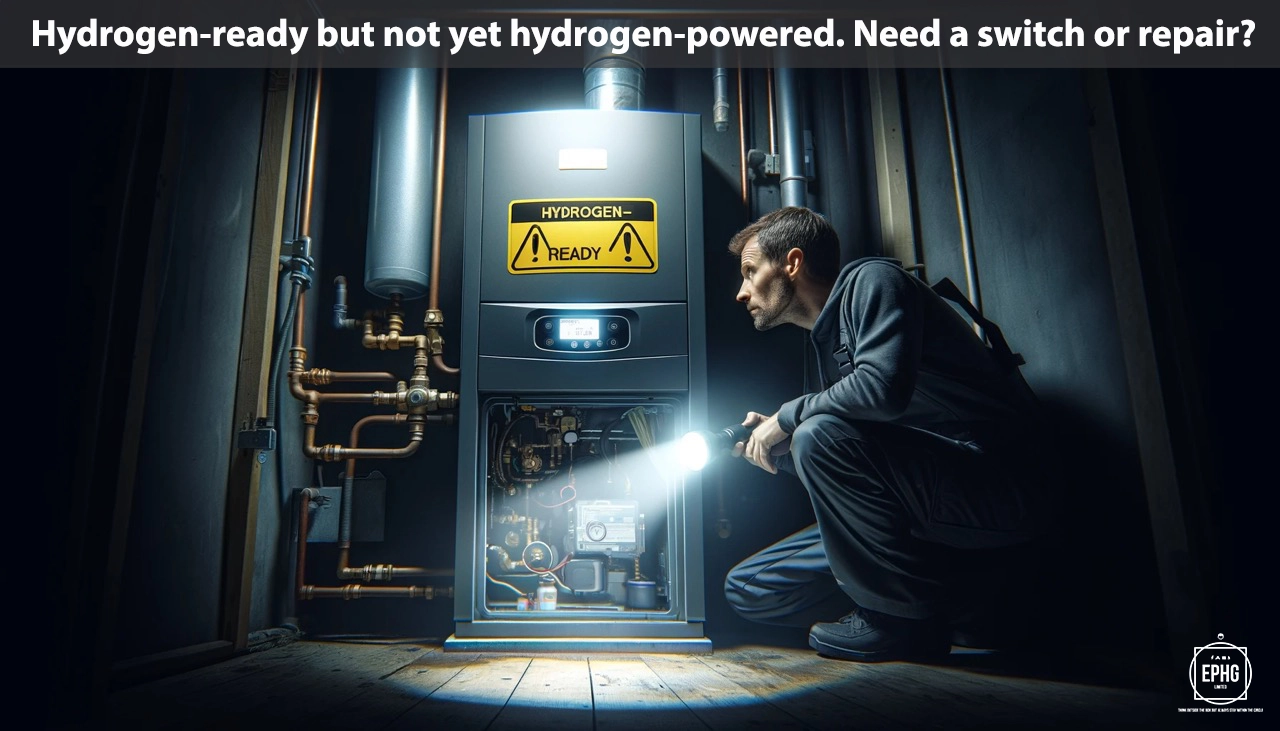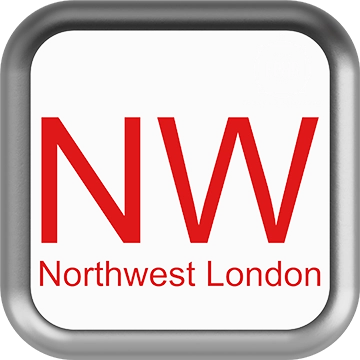
Utilities & Services in the NW Postcode
Introduction: The NW postcode area, covering parts of North West London, presents a blend of urban and suburban settings, each with distinct utilities and services. This section explores the provision of water, electricity, and waste management in the area, along with notable environmental aspects.
Water in North West London
Where does the water supply come from in the NW postcode, and is there ever a shortage of water?
Water in the NW postcode area primarily comes from the Thames and Lee rivers, managed by Thames Water and Affinity Water. These companies ensure the water meets safety standards before it reaches households. Although London faces growing demands on its water supply due to population growth, concerted efforts in water conservation and management help mitigate shortages. Residents are encouraged to engage in water-saving measures to sustain the area's water needs.
Electricity in North West London
Where does the electric supply come from in the NW postcode, and what is the future of energy there?
The electricity supply in the NW postcode predominantly comes from the national grid, with a growing contribution from renewable sources such as solar panels, particularly in suburban areas. The future of energy in the NW postcode is focused on reducing carbon emissions and enhancing energy efficiency, with initiatives supporting the transition to renewable energy sources and smart grids. This shift aligns with London's broader sustainability goals.
Wastewater and Environmental Management in North West London
Where does the wastewater go in the NW postcode, and how is it managed?
Wastewater in the NW postcode is collected and treated by Thames Water. The process involves advanced treatment facilities that adhere to strict environmental standards. The treated water is then released back into the River Thames. Additionally, efforts in sustainable urban drainage and green infrastructure aim to improve water management and reduce pollution in the area.
Regions and Services:
The NW postcode features a diverse landscape, from bustling city areas like Camden and Brent to greener, more suburban parts like Hampstead. Services and utilities in these regions are designed to cater to a dynamic population, incorporating sustainable practices and technologies to ensure environmental compatibility and future readiness.
Key environmental features, including the Regent's Canal and the hidden River Fleet, play a part in the historical and modern water management strategies of the area. These water bodies are integral to local heritage and continue to influence contemporary environmental planning.
Electricity in Northwest London
Where does the electric supply come from in Northwest London and what is the future of energy there?
Northwest London's electricity supply is mainly generated from national grid connections, which incorporate a mix of traditional and renewable energy sources. The area benefits from London's push towards greener energy solutions, including wind and solar power contributions. Initiatives for local energy generation, such as community solar projects, are becoming more prevalent. As part of the wider city, Northwest London is also exploring the potential of battery storage and smart grid technologies to enhance energy efficiency and reliability. The future of energy in Northwest London is geared towards sustainability, with investments in clean energy infrastructure and programs aimed at reducing the carbon footprint of the city.
When is hydrogen coming to gas boilers in Northwest London?
As part of London's ambition to reduce greenhouse gas emissions, there is ongoing research and pilot projects on integrating hydrogen energy systems, including hydrogen gas boilers. While there is no fixed timeline, these developments are aligned with the UK's broader environmental targets. Northwest London residents are advised to stay updated with local energy suppliers for the latest advancements. In the meantime, energy efficiency and regular maintenance of existing boilers remain critical for both performance and environmental impact. The shift towards hydrogen, once implemented, represents a significant step towards cleaner energy usage in homes.
Where Does the Wastewater Go in Northwest London?
In Northwest London, wastewater management is a critical component of the urban infrastructure, ensuring sanitation and environmental health. Wastewater from homes, businesses, and industries is collected and directed to treatment facilities such as the Mogden Sewage Treatment Works, one of the largest in the UK. Here, advanced treatment processes remove contaminants to meet stringent environmental standards before the treated water is returned to local waterways, including the River Thames. These facilities are vital in preventing pollution, protecting wildlife, and maintaining the quality of the region's water bodies.
The NW postcode area in London boasts a diverse range of environments, from bustling urban centers to serene suburban landscapes. Key regions within this area include:
- Camden Town: Known for its vibrant market and eclectic culture, Camden Town is a hub of activity and development, offering robust utility services and a focus on sustainable urban living.
- Hampstead and West Hampstead: These areas are known for their picturesque settings, historical significance, and active community initiatives, including green energy projects and conservation efforts.
- Brent: This region combines urban and suburban elements, featuring comprehensive utilities infrastructure, with ongoing improvements in energy efficiency and waste management.
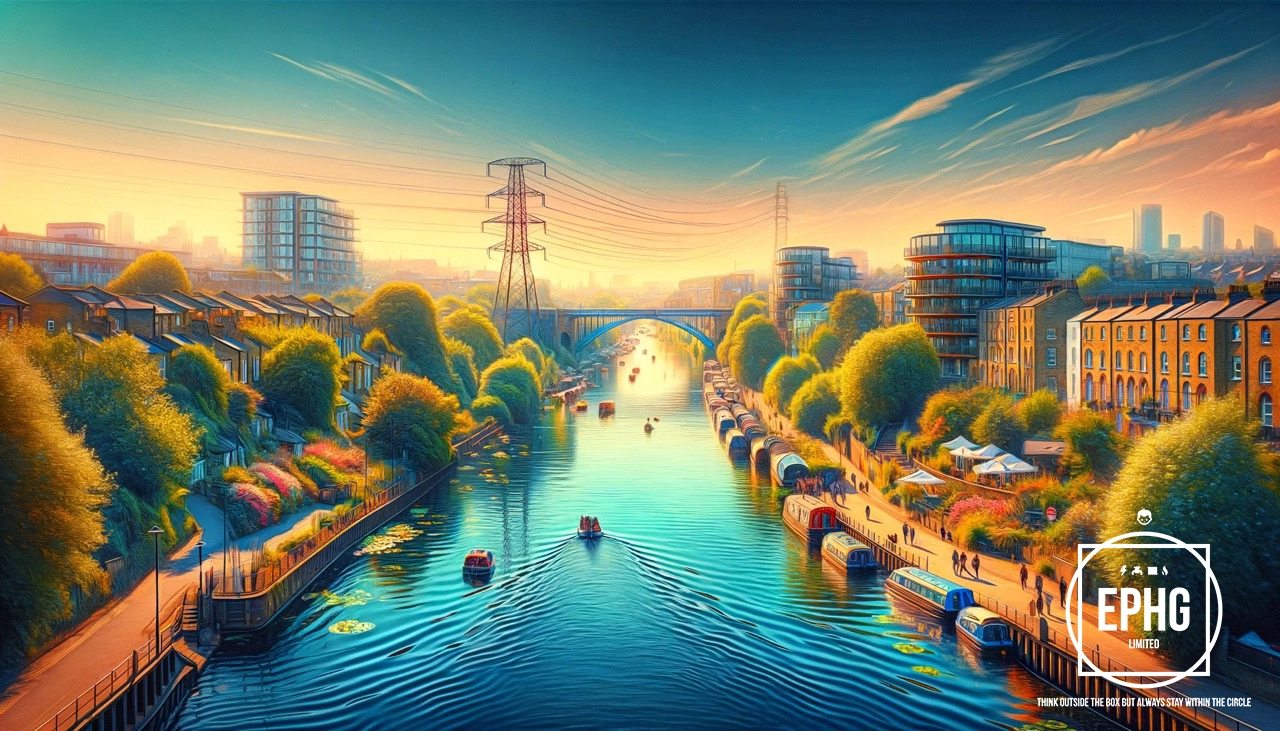
Regions within the NW Postcode
Inner North West London Areas
- NW1: Camden Town, Regent's Park, Somers Town - Known for vibrant markets, beautiful parks, and cultural diversity.
- NW2: Cricklewood, Dollis Hill, Neasden - Residential areas with local amenities and community spirit.
- NW3: Hampstead, Swiss Cottage, Belsize Park - Affluent areas known for their historic buildings, shopping streets, and Hampstead Heath.
- NW4: Hendon, Brent Cross - Areas combining residential neighborhoods with major retail shopping at Brent Cross.
- NW5: Kentish Town, Tufnell Park, Gospel Oak - Popular residential areas with vibrant local communities and amenities.
- NW6: Kilburn, Queens Park, West Hampstead - Diverse communities known for bustling high streets and excellent transport links.
- NW7: Mill Hill, Arkley - Suburban areas known for their green spaces and family-friendly environment.
- NW8: St John's Wood, Primrose Hill - Prestigious areas known for high-end properties and close proximity to central London.
Outer North West London Areas
- NW9: Colindale, Kingsbury, West Hendon - Residential areas with new developments and local facilities.
- NW10: Willesden, Harlesden, Kensal Green - Known for diverse communities, local markets, and cultural venues.
- NW11: Golders Green, Hampstead Garden Suburb - Areas with a mix of cultural backgrounds and tranquil suburban living.
Additional Information
- Rivers and Waterways: These areas are near significant waterways like the River Thames, Regent's Canal, and the Brent Reservoir, adding to the scenic beauty and recreational options.
- Green Spaces: Many NW areas boast extensive parks and green spaces such as Hampstead Heath, Primrose Hill, and Gladstone Park, providing residents and visitors with ample outdoor leisure opportunities.
